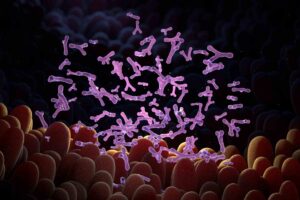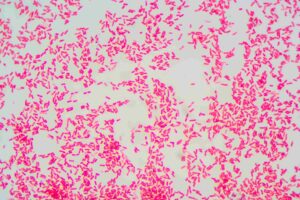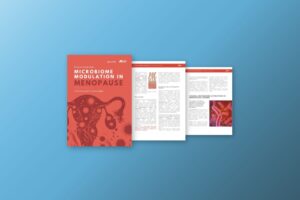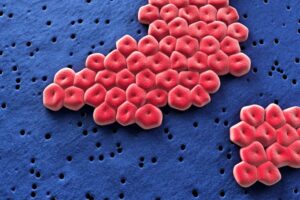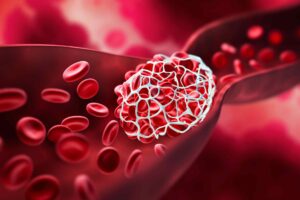Science News
Video
Akari Hiraku, researcher at Innovative Research Institute, Morinaga Milk Industry Co., presented clinical data on Bifidobacterium longum subsp. infantis M-63, a probiotic strain with a remarkable capacity to utilize HMOs.
Gynecology, Pediatrics
Dietary fiber during early life protects fertility by supporting healthy gut microbes and preventing ovarian damage caused by high-fat diets.
Cardiology
Gut microbes could be a target for preventing kidney disease-related heart failure.
Video, Gastroenterology
Philippe Langella, Research director at INRAE, talks about how F. prausnitzii could be a beneficial commensal.
Scientific research
Restoring beneficial bacteria could lead to new treatments for chronic pain in people with sickle cell disease.
Gynecology
Gut microbes can interact with genetics and hormone metabolism to influence pregnancy outcomes.
Uncategorized, Gastroenterology
Yvan Vandenplas, Head of the Pediatric Hospital at the University Hospital Brussels, uses the example of probiotics in acute gastroenteritis to highlight how heterogeneous methodologies in evidence synthesis can lead…
Neuroscience
Combining data about gut-brain–related disorders with genetic and other information provides a powerful approach for predicting Alzheimer’s and Parkinson’s disease.
Scientific research
The findings of a news study reveal how Bifidobacterium evolve and adapt to different hosts, paving the way for targeted therapies such as customized probiotics and diet-based interventions.
Gastroenterology, Scientific research
CORAL can sample the microbes residing in upper gut in a non-invasive and reliable way, offering a tool for studying the diversity of the microbiota.
Oncology
Three promising bacteria were linked to better treatment responses in melanoma patients.
Gastroenterology, Immunology
Targeting the microbiota could be a new way to strengthen gut immunity and develop treatments for inflammatory bowel diseases such as Crohn’s disease.
Immunology, Pediatrics
Antibodies in breast milk “teach” a newborn’s gut immune system to respond appropriately to microbes and maintain intestinal balance without causing unnecessary inflammation.
Video
At the 13th Probiotics, Prebiotics and New Foods Congress, Silvia Turroni (University of Bologna) shares insights from the session “The Microbiome and One Health,” which explored how the microbiota bridges…
Scientific research
Profiling the human gut microbiota at the subspecies level, rather than at the species- or strain-level, provides more reproducible insights into how specific bacteria influence health and disease.
Gastroenterology
Gut bacteria cooperate to convert the dietary antioxidant ergothioneine into a compound that supports energy production.
Gynecology, Healthcare professionals area
Download the instant book.
Video, Gynecology
During the 2025 Probiotics, Prebiotics & New Food congress, it was presented the English edition of "Microbioma al femminile", a book dedicated to the intricate relationship between the microbiota and…
Scientific research
The findings of a recent study reveal a key strategy used by A. baumannii to colonize the gut and persist in it, highlighting a potential target for preventing its spread…
Cardiology
Targeting specific gut bacteria and their metabolites could offer new ways to prevent or treat cardiovascular disease linked to diet and gut health.








